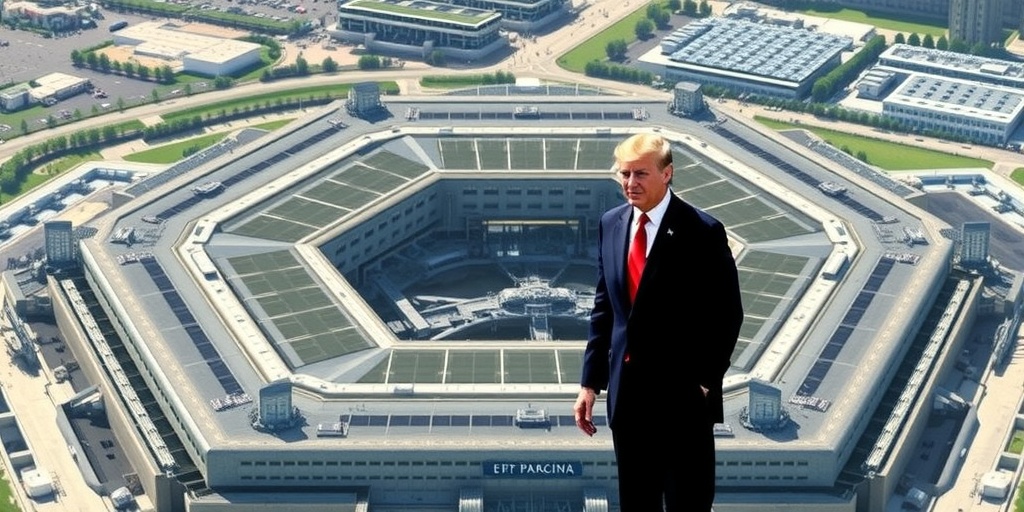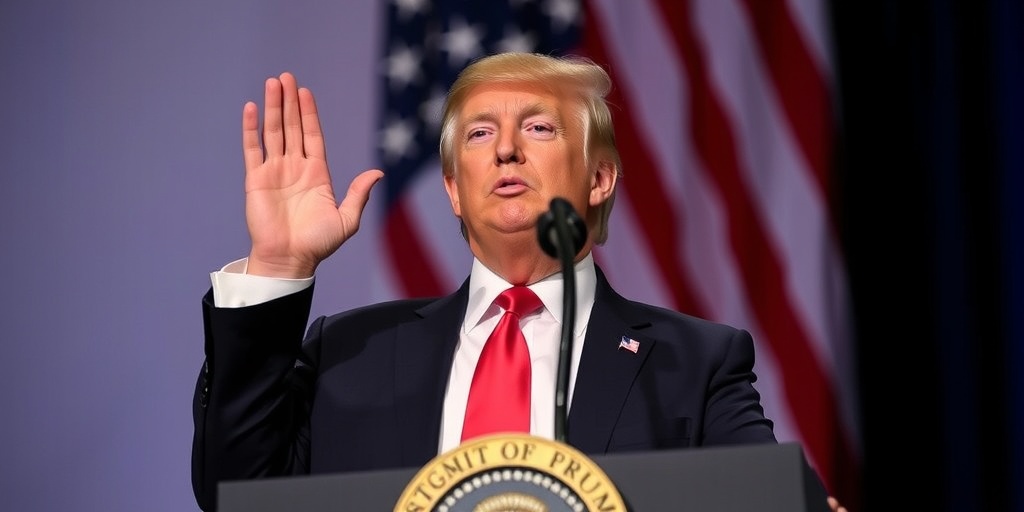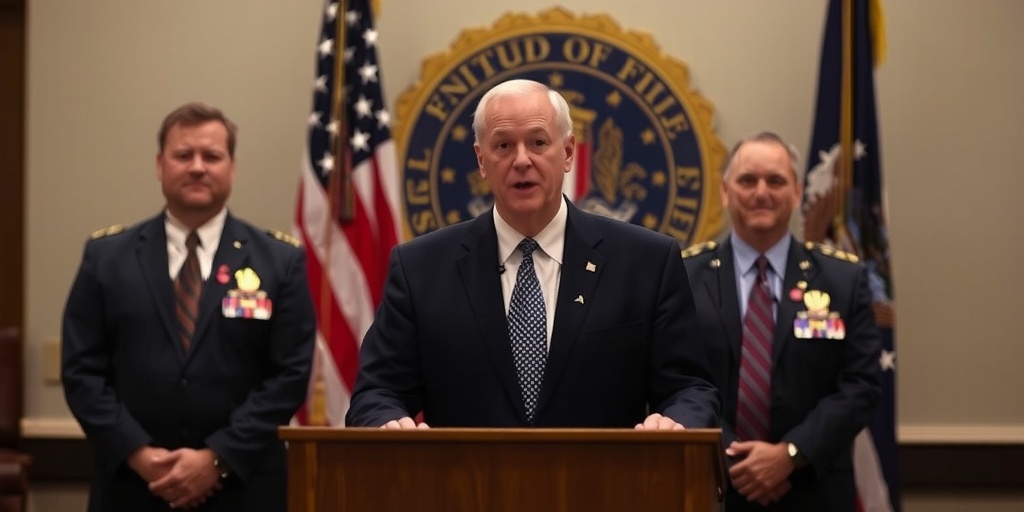Now Reading: Pentagon Faces Challenges as New Administration Assumes Control
-
01
Pentagon Faces Challenges as New Administration Assumes Control
Pentagon Faces Challenges as New Administration Assumes Control

Challenges Ahead for the Next U.S. Defense Secretary
As the United States braces for the upcoming transition of power, the incoming defense secretary will face an array of pressing challenges spanning the globe. These challenges are monumental, including ongoing military conflicts, geopolitical tensions, and domestic security concerns. Among the most pressing issues are the war in Ukraine, unrest in the Middle East, and the escalating military threats posed by China. Additionally, there may be a need to deploy U.S. troops to the southwestern border to cope with immigration issues, as well as a significant push to revitalize America’s military industrial base to effectively counter global adversaries.
Confronting the War in Ukraine
One of the most immediate concerns for the new defense secretary will be the situation in Ukraine, where Russian aggression has persisted. As President-elect Donald J. Trump has largely remained silent about his plans for the conflict, Vice President-elect JD Vance has proposed a controversial strategy. His plan reportedly allows Russia to retain control of occupied Ukrainian territories, leading critics to express concerns about the implications of such an approach. Keith Kellogg, Mr. Trump’s special envoy for Ukraine, has indicated that a deal with Moscow could be attempted within 100 days of the inauguration.
Seth G. Jones, a senior vice president at the Center for Strategic and International Studies, likened a potential Russian military victory to the perceived failure of the Biden administration in its approach to Afghanistan in its early months. There remains uncertainty regarding whether the upcoming administration will extend security guarantees to Ukraine or take concrete steps to deter further Russian advances.
The Middle East: Managing Turmoil
The next defense secretary will also need to navigate a complicated landscape in the Middle East. Questions surrounding the fate of the approximately 2,000 U.S. troops stationed in northeast Syria working against the Islamic State remain crucial. In December 2018, Trump ordered the withdrawal of U.S. forces from Syria, prompting a significant backlash, including the resignation of then-defense secretary Jim Mattis. Though a compromise allowed a smaller contingent to remain, recent destabilization in Syria—particularly following the collapse of President Bashar al-Assad’s government to an Islamist coalition—makes any immediate changes to U.S. troop presence unlikely.
The long-term strategy in the region is further complicated by recent developments, including a suspected Islamic State-inspired attack in New Orleans. Negotiators from both the Biden and Trump administrations are reportedly working together to establish a cease-fire in Gaza, aimed at also securing the release of hostages. However, if these negotiations do not succeed, the incoming defense secretary could play a pivotal role in influencing Israel’s military operations against Hamas within Gaza, especially amidst warnings from current Defense Secretary Lloyd Austin about the potential for "strategic defeat" if Israel fails to protect civilians during its military actions.
Addressing Domestic Security Concerns
At home, immigration-related military deployments could also be an area of focus. The increasing numbers of migrants at the U.S. southwestern border have stirred considerable debate, with some advocating for military resources to assist local authorities in managing the situation. The next defense secretary will need to balance the operational demands of military readiness abroad while addressing domestic security issues effectively.
Revitalizing the Military Industrial Base
Finally, a significant task awaiting the incoming defense secretary will be the revitalization of America’s military industrial base. This effort is essential to ensure that the U.S. remains equipped to confront not just traditional adversaries, but also emerging threats, particularly from nations like China. Preparing the military for future conflicts will necessitate a substantial investment in research and development, alongside modernizing existing capabilities to ensure that American forces remain a formidable presence on the global stage.
Conclusion: A Complex Path Ahead
In summary, the next U.S. defense secretary will step into a role fraught with complexities and high-stakes decisions. From grappling with international conflicts to addressing internal security and rejuvenating military capabilities, the challenges are extensive. As such, the efficacy of their responses will play a critical role in shaping the trajectory of U.S. foreign policy and national security amidst a rapidly shifting global landscape. The new administration’s approach will undoubtedly be scrutinized as it seeks to find viable solutions to these multifaceted issues.
Stay Informed With the Latest & Most Important News
Previous Post
Next Post
Previous Post
Next Post
-
 01New technology breakthrough has everyone talking right now
01New technology breakthrough has everyone talking right now -
 02Unbelievable life hack everyone needs to try today
02Unbelievable life hack everyone needs to try today -
 03Fascinating discovery found buried deep beneath the ocean
03Fascinating discovery found buried deep beneath the ocean -
 04Man invents genius device that solves everyday problems
04Man invents genius device that solves everyday problems -
 05Shocking discovery that changes what we know forever
05Shocking discovery that changes what we know forever -
 06Internet goes wild over celebrity’s unexpected fashion choice
06Internet goes wild over celebrity’s unexpected fashion choice -
 07Rare animal sighting stuns scientists and wildlife lovers
07Rare animal sighting stuns scientists and wildlife lovers




















